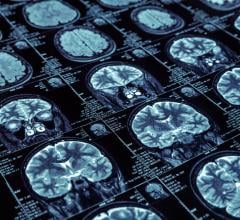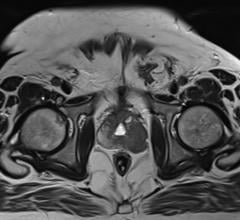
May 15, 2018 — U.S. First Lady Melania Trump underwent an interventional radiology embolization procedure to treat a benign kidney condition, according to a statement from the White House Press Office.
The White House said the procedure was successful and there were no complications. Mrs. Trump is at Walter Reed National Military Medical Center in Bethesda, Md., and she will likely remain in the hospital for the duration of the week.
Catheter-based embolization can be used to stop bleeding, as in cases of trauma, or to starve a fibroid or tumor of its blood supply, as may be the case in the treatment performed on Mrs. Trump, said Society of Interventional Radiology (SIR) President M. Victoria Marx, M.D., FSIR, an interventional radiologist at Keck School of Medicine Medicine at the University of Southern California (USC).
"In performing an embolization, the IR will make a small incision in the skin and insert a thin catheter into the artery. Using real-time image guidance, the interventional radiologist then guides the catheter to the point of treatment—in Mrs. Trump’s case, the kidney — and releases an agent to stop the flow of blood. This agent could be a coil, beads, gel or foam," Marx explained. "The beauty of this solution is that no open surgery is required, reducing both the patient’s risk and recovery time. In many cases, patients can go home the same day. Sometimes a short stay in the hospital is required, depending upon the patient and area treated."
In addition to renal masses, embolization can be used to treat a wide variety of diseases and conditions, including:
- Hemorrhage due to trauma;
- Uterine fibroids and postpartum hemorrhage through uterine artery embolization (UAE);
- Cancer through chemoembolization (TACE) or radioembolization (Y-90);
- Enlarged prostate through prostatic artery embolization (PAE), and other indications.
The White House statement said the First Lady looks forward to a full recovery so she can continue her work with children. On May 7, Mrs. Trump launched her BE BEST campaign, an awareness effort focused around the well-being of children. The campaign focuses on the social and emotional health of children, social media, and understanding both the positive and negative effects it has on children, and opioid abuse and how to protect children from its effects.


 July 25, 2024
July 25, 2024 









